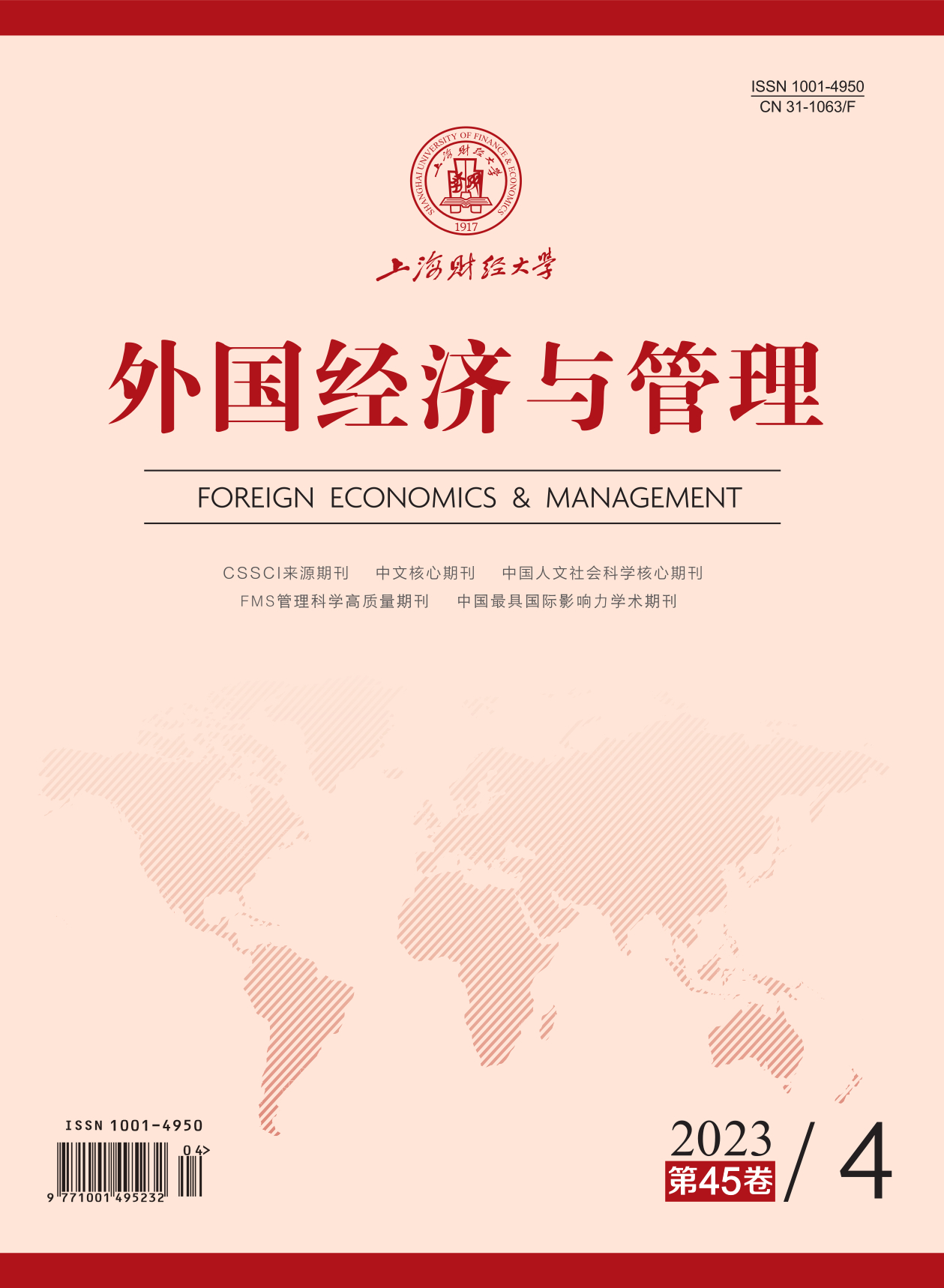Under the traditional research framework of corporate governance, most studies explicitly or implicitly assume that shareholders only hold shares in one company and shareholder behavior and corporate governance decisions of different companies are independent. However, as common ownership around the world becomes increasingly prevalent, the above assumptions deviate from reality, which has attracted widespread attention from researchers and practitioners. Related studies are on the ascendant in recent years, but the views and findings on the governance effect of common shareholders are increasingly scattered, and there is a lack of systematic analyses, comparisons, and integration.
This paper reviews the latest research progress under an integrative framework, which consists of “governance motivation → governance mechanism → governance effect ← institutional factors”. As to the governance motivation, the difference between common shareholders and ordinary shareholders lies in their co-governance motivation and cost compensation motivation. The governance mechanism of common shareholders can be divided into direct and indirect governance mechanisms. Direct governance mechanism includes voice, compensation contract, voting, and appointment of directors, while indirect governance mechanism includes exit threats and “non-intervention”. Although some of the governance mechanism is also used by non-common shareholders, common shareholders have significantly different effects while implementing the governance mechanism. In terms of the governance effect, in general scenarios, common shareholders have positive governance effects on management supervision, information disclosure, investment and financing, innovation, risk-taking, dividend policy, cash holdings, etc. In the M&A scenario, common shareholders improve M&A decision-making, increase M&A efficiency, enhance M&A outcomes, etc. Overall, this paper indicates that common shareholders play a positive role in corporate governance. However, it should be noted that, due to the investor structure, ownership structure, market institutions, etc., common shareholders under the Chinese institutional background are structurally different and faced with distinct corporate governance issues. As a result, the governance effect of common shareholders in China exhibits more heterogeneity.
This paper makes the following contributions: First, it compares and analyzes the consistency and differences between theoretical arguments and empirical evidence, and summarizes the general rules and conditions for common shareholders to play a positive role in corporate governance. Thus, this paper lays a solid theoretical foundation for future research. Second, it pays a great deal of attention to the Chinese institutional background and identifies several key institutional characteristics, and specifically analyzes how these institutional characteristics affect the nature and structure of common shareholders and what kind of new corporate governance issues they bring. Thus, this paper has a general knowledge of the universality and heterogeneity of common shareholders’ governance effect under the Chinese institutional background, providing a theoretical basis for future research. Third, it comprehensively discusses the limitations of existing research and identifies several research themes for future research, including the formation of common ownership, the specific governance behavior of common shareholders, the inter-firm convergence effect caused by common ownership, and institutional factors that may affect common shareholders, etc. These research themes are of great significance to deepen the understanding of common shareholders’ governance effect.





 9070
9070  5835
5835

